Table of Contents
Kids experience difficulty in putting their thoughts and expressions into words. This fear of being judged can hold them back from communicating. Parents teach their children a variety of subjects. However, communication skills can sometimes be overlooked. They are essential. This is because they help a child build strong relationships and solve life’s challenges. This can help you lay the foundation in your kid for a lifetime of success.
In this blog, let us look at the 10 tips to improve communication skills of youngsters.
Be Present and Engaged When Your Child Talks
You need to listen actively and respond to what they are saying. It is important to ask questions. This can foster important communication skills. For instance, if they are discussing a school project, you can ask them how they plan to tackle it. This can allow you to offer ideas and talk about what materials they might need.
Acknowledging Your Child’s Feelings
Understanding your youngster’s feelings is difficult. You need to pay close attention to their body language and how they act. This assists you with figuring out their feelings. It can also let you know why they may have that feeling. You can also help your kid with naming their emotions and give them the methods to manage them, leading to more effective communication.
Put Yourself in Your Child’s Shoes
Instead of shutting down their feelings with criticism or dismissing their worries as silly, you need to understand their perspective. It can help if you consider their personality and how it affects their reactions. You can also offer guidance on how to handle situations more positively.
Positive Feedback Works Wonders
Studies show that praising a child’s efforts leads to better behaviour rather than punishment. This means you can ditch the shaming when they mess up and turn it into a learning opportunity. You can guide them through finding solutions and celebrate their moments. This approach motivates them to keep trying and boosts their confidence.
Allow Your Kid to Derive Solutions
You need to guide them through the process of finding solutions themselves. You need to offer support when they need it as well as encourage them to tackle challenges independently. You can help them brainstorm ideas if they are stuck. But you need to avoid giving them the answer right away. These skills can help your child during school admissions.
Playtime is Prime Time for Learning
Games are a fantastic way for young children to explore the world. It also allows them to develop new skills and communicate. You need to spend time and play with your child. This can allow you to have conversations and expose them to new worlds. The constant back-and-forth also helps them build their vocabulary. This can help them in school and social settings. Board games and even silly pretend play with facial expressions can all be powerful learning tools.
Be An Example
You are your child’s biggest role model when it comes to effective communication. You need to speak clearly and confidently if you want them to develop strong language skills. You can also try using a more advanced vocabulary than their current level. This gentle challenge will encourage them to expand their phrasing. As a result, it can help them to improve communication skills.
Make Reading a Fun, Everyday Activity
It is not just about books. You need to turn everyday moments into learning opportunities. You can allow your kids to read labels at the grocery store or point out letters on clothing. The more your child is exposed to language, the faster they will grasp it. You can also look at pictures in books together and talk about what you see. This sparks their imagination. Reading is also an important part of the international primary curriculum IPC.
Compliment Your Kids
You need to show your child love and appreciation through positive reinforcement. Studies show that simple things like a high five can boost their mood. But even more effective is ‘Process praise’, which means praising your child’s efforts and problem-solving skills during communication.
Be Patient with Your Child
Young children struggling with communication take longer to process questions and give answers. So, do not fill the silence. You need to give them a few seconds to think. This waiting time helps them develop their thought process and language skills. It also helps boost their confidence. Remember, a thoughtful response is much better than a rushed one.
Conclusion
These were the 10 tips you can use to improve your kid’s communication skills. Raising a confident communicator starts with you! So, you need to listen to your child and wait patiently for their answers. You can also offer praise for their efforts. Apart from this, you need to make playtime and reading an essential part of your kid’s routine. This is because these activities can enhance language development. Finally, remember that communication thrives in a nurturing environment. While the best international schools provide excellent support to improve communication skills of youngsters, your consistent love and attention are also what they need.



























